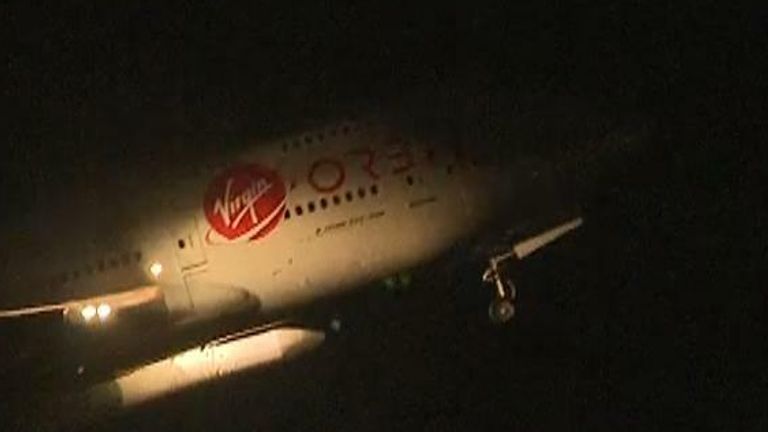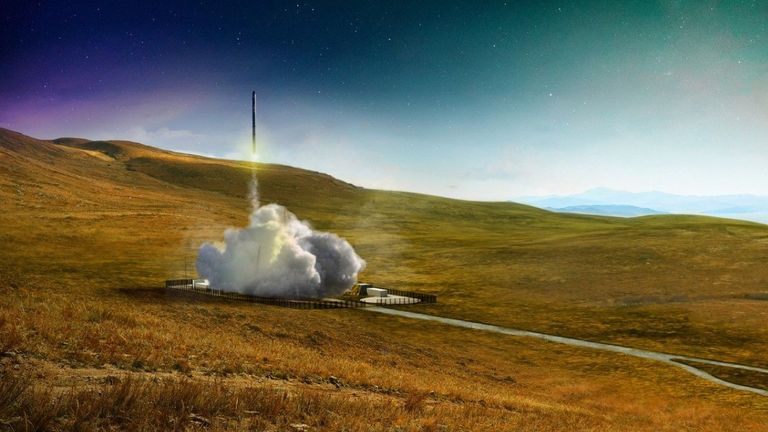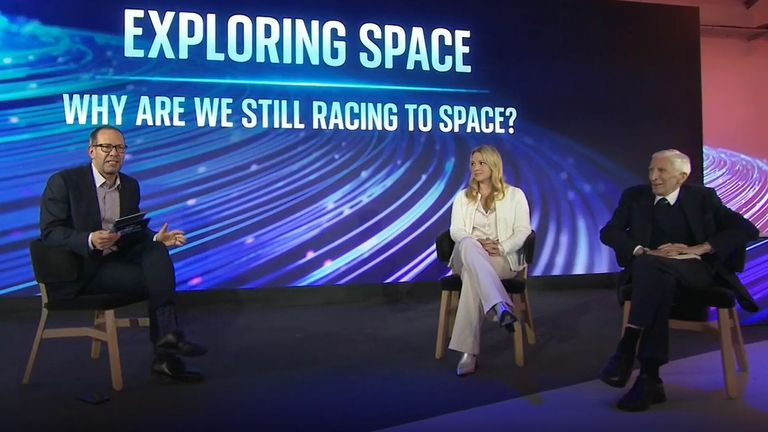That night, Britain was supposed to strap on a rocket booster to its attempt to make headway in the new global space race.
However, no matter how much awe or excitement there is on the ground at Spaceport Cornwall, the LauncherOne rocket will not be able to complete its mission, which will make the seaside town of Newquay Western Europe’s first successful orbital launch site.
Headed skyward across the Atlantic by a former airliner called Cosmic Girl, the spacecraft operated by Virgin Orbit was supposed to launch into Earth’s low orbit, placing nine satellites among the stars.
revisit space mission
instead, Hardware deployment failed Skeptics have questioned Britain’s role in an industry dominated by powerhouses such as the US, Russia and China after the unusual events – the heartbreaking end to Monday night’s Cornish crew operation – have left skeptics.
Can Cornwall bounce back?
Spaceport Cornwall will forever go down in history as the site of the first UK spaceport licence – a cruel irony that it may have missed its chance to be the first to successfully launch.
It remains to be seen whether there will be another mission this year, although future missions will almost all come from Newquay.
Melissa Thorpe, the head of the spaceport, said “of course” she wants another launch attempt in 2023, but seems to be handing the ball to Virgin Orbit.
Speaking from the scene early Tuesday morning, she said: “We’re a licensed spaceport, we’re here to operate, and from our perspective, everything we did tonight was perfect.
“The airport is great, the operational side of it is exactly on schedule.
“So we’re just here to support, get Virgin Atlantic back on its feet and hopefully get another rocket here in the near future.”
Matt Archer, from the UK Space Agency, said another attempt in 2023 “will depend on the availability of Virgin Orbit”.
Virgin Atlantic said it would “work tirelessly” to find out why the mission failed.
In the meantime, Spaceport Cornwall hopes it will also attract other launch operators to the site.
Scotland have a chance to go further
With the Newquay launch proving to be such a close but so far case, the two Scottish sites will be hoping their upcoming rocket missions go off without a hitch.
Spacehub Sutherland and SaxaVord Spaceport in the Shetland Islands are both planning to host launches this year.
Like Cornwall, the goal is to send satellites into space. Unlike Cornwall, these sites are built for the spectacular vertical launches made famous by NASA’s base in Cape Canaveral, Florida.
If they have to follow in Spaceport Cornwall’s footsteps and get a spaceport license from the UK’s Civil Aviation Authority, they still have a ways to go.
Sutherland’s website is notable for its Built and managed by Scottish rocket builder Orbexso tasks from there may be entirely local affairs.
Where are the UK’s other spaceports?
Cornwall, Sutherland and SaxaVord are three of seven spaceports across the UK that are coming online.
One is in North Wales, in Llanbedr, Gwynedd.
They should help make the most of the UK’s already sizeable satellite manufacturing industry, with an estimated 100,000 of them set to be launched from here by 2030.
Space is big business and is increasingly important to national security – some of the cereal box-sized satellites hauled in from Cornwall are used to detect piracy, illegal fishing and monitor climate change.
Britain is determined not to be left behind, so don’t think the failure in Cornwall will cause anyone from government to industry to rethink overall strategy.
Science Minister George Freeman said after the launch: “We’re going to keep working and we’re going to get there eventually.”
Dr Alice Bunn, chief executive of industry body UKspace, said: “Space plays a vital role in our everyday lives and its impact will continue to grow in many areas.
“So we have to work together to learn from this and achieve the first successful launch in the future.”
The cost of going to space is plummeting
What makes launching satellites a credible business activity is the rapidly falling cost.
In 1971, the UK launched its only rocket (the Black Arrow, which was actually launched from Australia), which cost £95,000 per kilogram to put satellites into orbit.
That’s just over £1m in today’s money, and a launch on Virgin Orbit’s LauncherOne costs less than £33,000 per kilogram, according to company chief executive Dan Hart.
So whether it’s a romantic desire to go bold, or sheer economic prudence, the UK’s space program is going nowhere – 2023 could still be big year.


